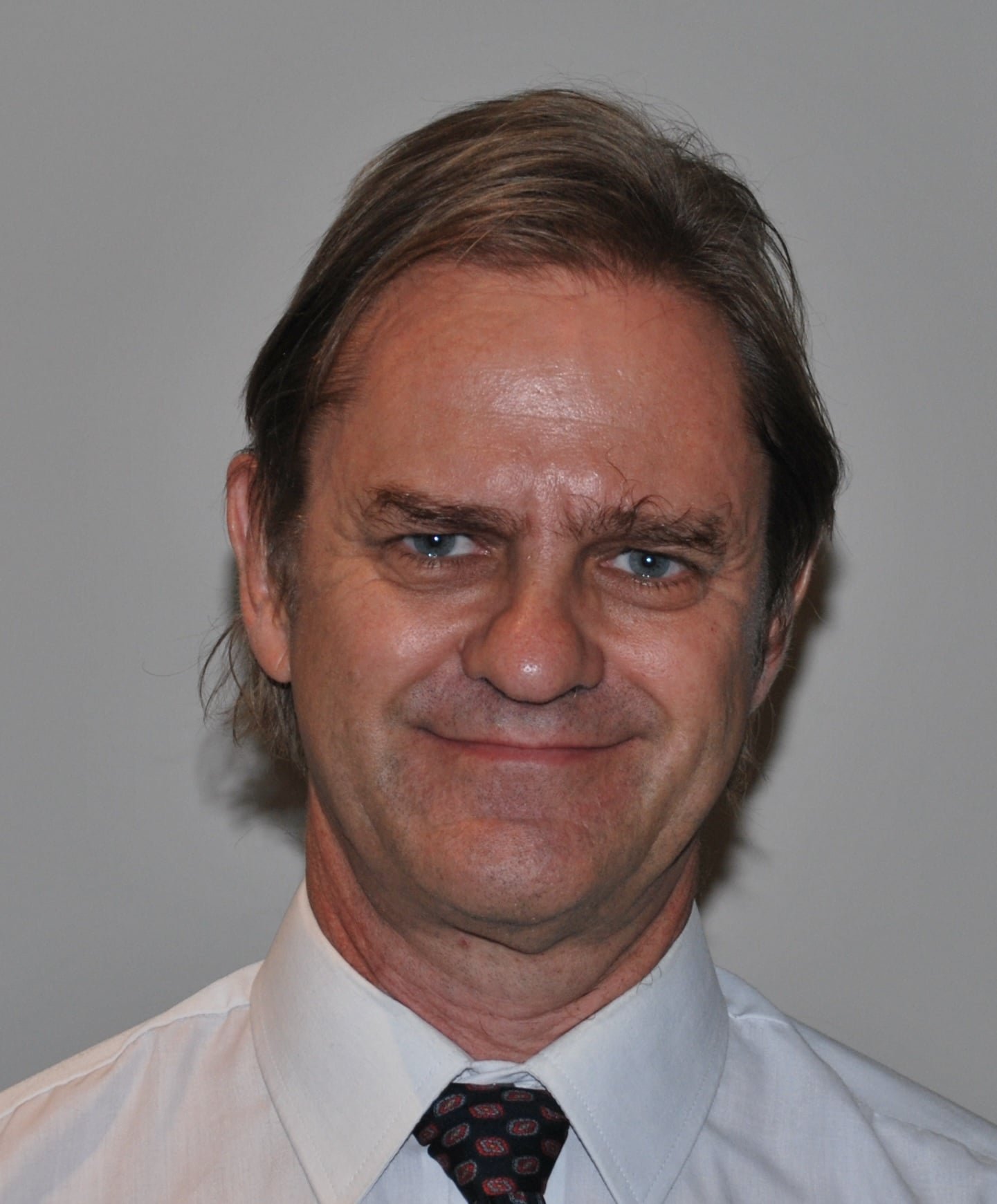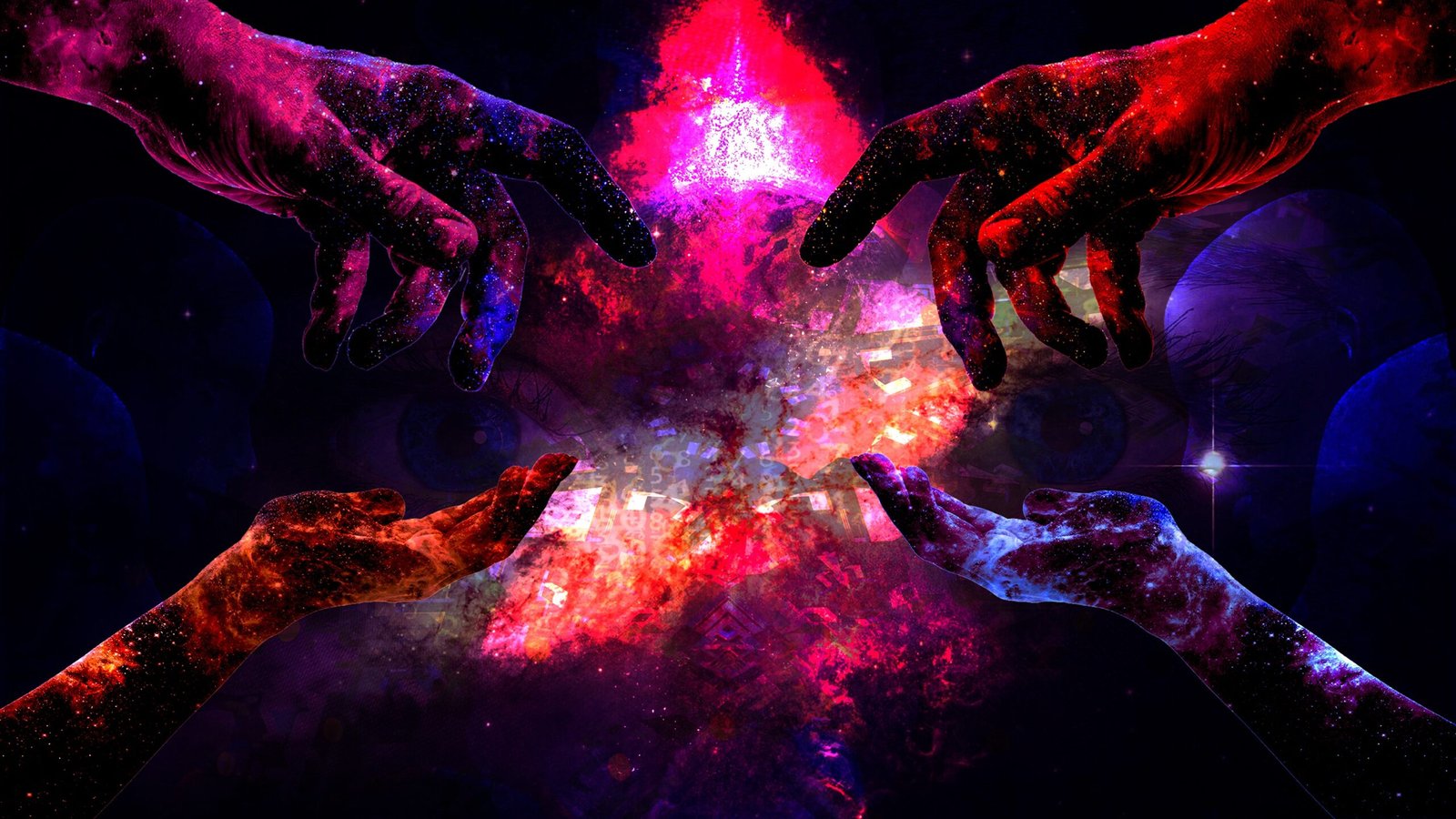John Perkins is the President of the Secular Party of Australia. The party is intended to promote secular humanist ethical principles in Australia as well as advocate for the separation of church and state.
Scott Douglas Jacobsen: What’s your own story? How did you get involved in secularism?
My father was not religious, but my mother took us to church. It was not because she was devout, but because it was considered a social duty.
Was there much of a family background?
My sisters were married in churches, but after that our family gave up religion. I think the doctrines seemed contrived and lacked credibility.
How did you first get interested in politics? What was the moment of political awakening for you?
I first began to have an interest in politics about the age of 16 when I began to feel I had a different view of politics to that of my parents. However, it was not until the events of September 11, 2001 that I became resolved to try to counter what I perceived as the egregiously negative effects that religions could have on society.
You are the president of the Secular Party of Australia. What are some core initiatives, campaigns, and policies of the Secular Party of Australia? Those that should be noted for those outside of the Secular Party of Australia, within the international secularist community, to support the Secular Party of Australia.
The Secular Party in Australia is the only party that stands not only for a true separation of religion from the institutions of state, but also to defend human rights, particularly the rights of children, against all forms of religious interference. To this end, the Secular Party has a policy to end all state funding to religious schools, and further, to prohibit any form of religious indoctrination is schools. Children should be free to make up their own minds about religion, and they should be able to do this in the knowledge that the founding claims of all religions are contradicted by scientific and historical evidence.
In the media, some aspects of political life are ‘attack ads’ or targeted, aggressive advertisement campaigns with the purpose of demonization of a party candidate—or a party as a whole. Have you been subjected to these at all? Has the Secular Party of Australia?
Of course our policies are criticised from those with a religious perspective. Surprisingly however, the most aggressive attacks against us come from those of a liberal view who regard any criticism of the religion of Islam as objectionable. Our policies apply equally to all religion. However, some religions do pose more of a threat to the secular ideal than others. Ideologically, Islam is anti-secular, as it perceives the state and all else to be subservient to the religion. Naturally we have cause on occasion to mention such contradictions. However, any critique of religion, however worded, is seen by some as being an attack on believers, and therefore as malicious, bigoted, racist and in similar pejorative terms. Such bigotry, no doubt does exist. Hence, we have difficulty in explaining that our motives are unbiased and humanitarian.
Being an out-and-out nonbeliever, or just secularist, in the public forum within political life can threaten one’s professional reputation in some countries, is this an issue in Australia? How many closet atheists, agnostics, and freethinkers do you think are currently in public office?
Being known as an atheist or agnostic is not, in itself, a political liability in Australia. Several of our Prime Ministers have professed agnosticism and this has not been seen as an issue. However, none of them have had the inclination or the courage to act on their agnosticism in any way to reduce the power and influence, and the financial largesse, that religions are afforded. There is probably a representative number of freethinkers in public office, but the political influence of the religious appears to be increasing. This is a paradox, because apart from certain groups, religiosity in the population is declining.
Who have been political heroes in Australia for you?
I have had particular Prime Ministers who at the time I regarded as heroes, but later came to realise that there were serious flaws in some of their policies, so I no longer regard any as heroes.
Who has advocated for secular values the most within Australian public life?
There is no politician that has ever advocated secular values in a coherent and substantial manner. It is left to the freethought groups to provide secular advocacy.
How can people get involved with the Secular Party of Australia, even donate to them?
People can become involved with the Secular Party via our web site, which includes a donations page, and which also has links to our facebook page.
https://www.secular.org.au/secular-party-donations/
Any closing thoughts or feelings based on the discussion today?
In times of increased religious conflict and division, the need for secularism has never been greater. When “fake news” proliferates, and a “post truth” and “post fact” world is proclaimed, the need for the truth to be carefully evaluated and respected has never been greater. In this regard, the widely held but often counter-factual beliefs of religions also need to be addressed. Religions are the original and the most institutionalised form of “post fact” beliefs.
Thank you for your time, John.








Article Discussion